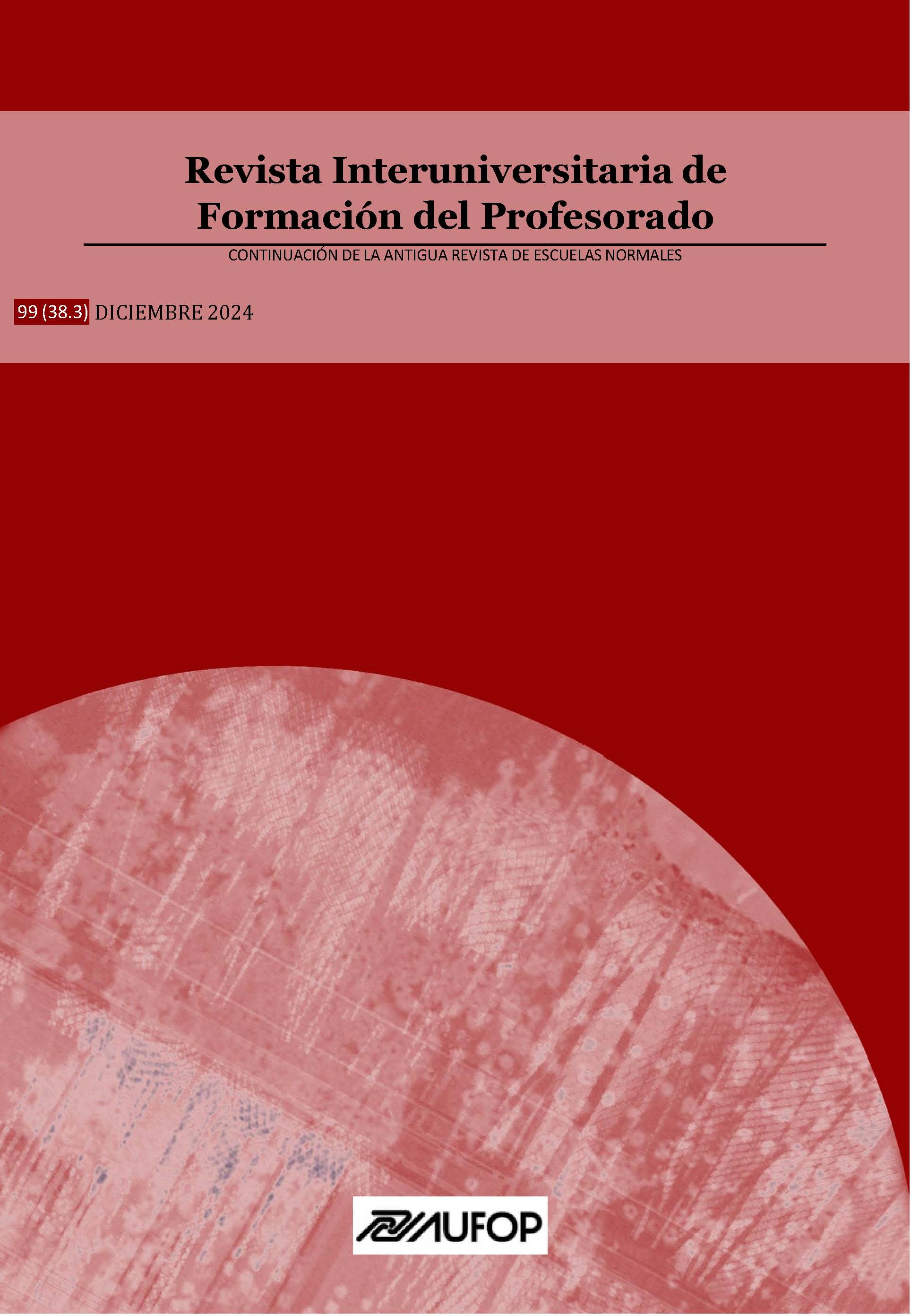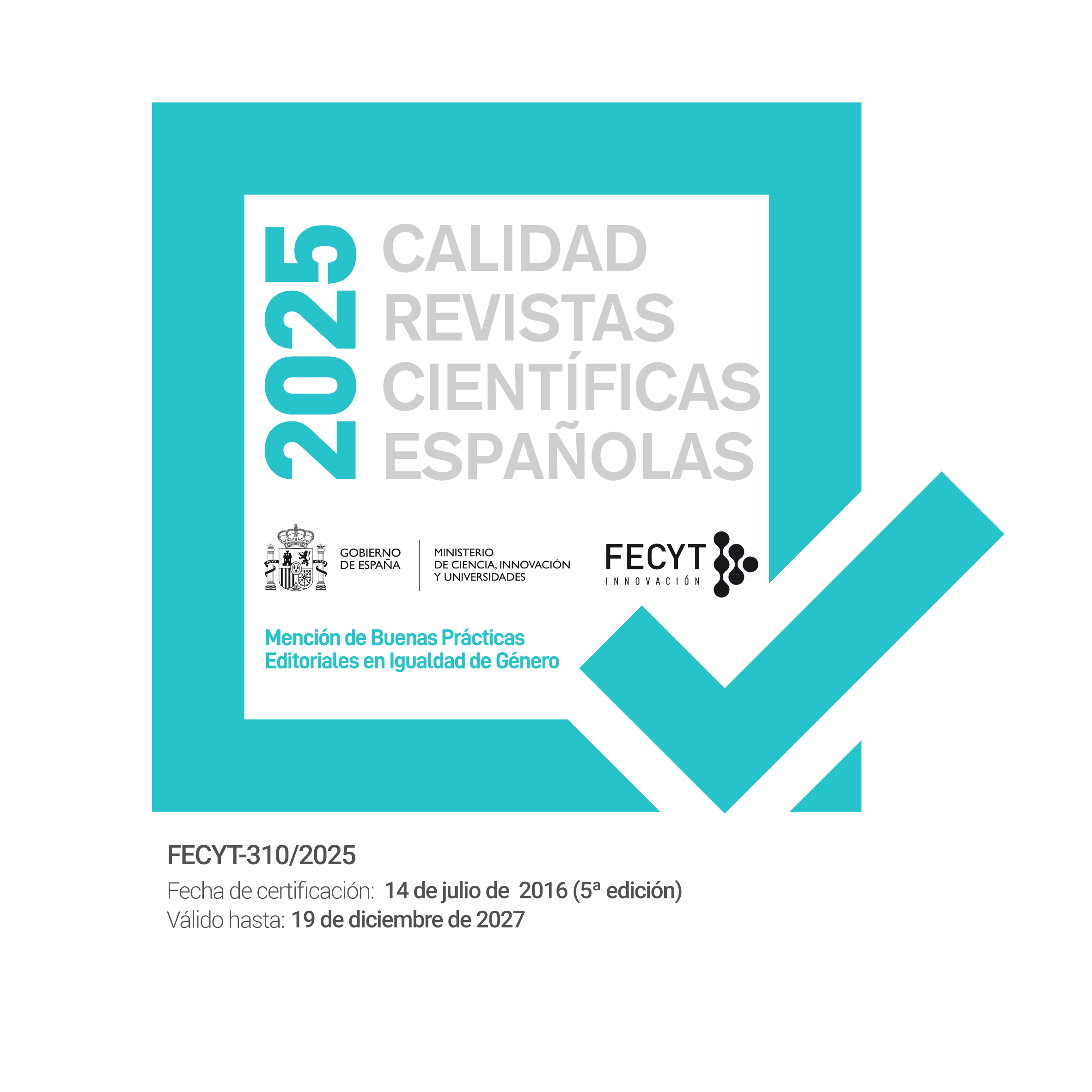Didactics of conversational competence in foreign languages: towards a new sequential-intercultural model
DOI:
https://doi.org/10.47553/rifop.v99i38.3.106830Abstract
The article analyzes that current approaches to the didactics of conversational competence in foreign languages are still descriptive for the achievement of spontaneous, creative and contextualized conversational practices by learners. To address this problem, the article proposes a theoretical model that integrates the problematizing systematization of conversational topics and the co-construction of intercultural dialogue, from a coherent didactic logic. Additionally, the article presents a proposal of methodological actions that guide the teacher in the development of conversational practice in the foreign language classroom. The holistic dialectical method was used in the theoretical conception of the model and a small-scale qualitative study was conducted to test the effectiveness of its application. This study included conversation analysis as a technique to collect and interpret the data obtained from an oral corpus created ad hoc. Data processing was performed with the free corpus processing software LancsBox, version 6.0. The proposed methodological actions had a positive effect on the students, who demonstrated enhanced command of sequential, interactive, politeness and sociocultural structures. The results suggest that the didactic systematization of the sequential-thematic structure of conversation from a contextualized interpretation of intercultural relations represents a novel approach for teachers to develop conversational competence in foreign languages. Consequently, it is deemed essential to extend the proposal to groups of foreign language learners from diverse national and linguistic backgrounds, as evidence to the pedagogical value of these outcomes.
Downloads
Published
How to Cite
Issue
Section
License
The "Revista Interuniversitaria de Formación del Profesorado (RIFOP)", with ISSN print 0213-8646 and ISSN electronic 2530-3791), adheres to the copyright notices proposed by Creative Commons
Authors’ rights
Papers published in the journal are subject to the following terms:
1. The Asociación Universitaria de Formación del Profesorado (AUFOP) is the editor of the RIFOP and holds the copyright of the papers published therein. The reuse of these is allowed under the license for use as indicated under point 2.
© Asociación Universitaria de Formación del Profesorado (AUFOP)
2. The papers are published in electronic version under the license CreativeCommons Reconocimiento-NoComercial-SinObraDerivada 3.0 España (texto legal). Papers can be copied, used, disseminated, transmitted and publicly exhibited provided that: i) the authorship and original publication source are cited (journal, editors and URL of the paper); ii) they are nit used for commercial gain; iii) the existence and specifications of the license for use are mentioned.
3. Auto-archiving conditions. Authors are allowed and encouraged to disseminate electronic pre-print versions (versions prior to peer review) and/or post-print (versions reviwed and accepted for publication) of their papers prior to their publication, since this favors prompt circulation and dissemination and supposes a possible increase in cites and scope within the academic community.
Privacy declaration
The names and email addresses incorporated into this journal will be used solely for the declared purposes of the journal and will not be available for any other purposes or to third parties.






